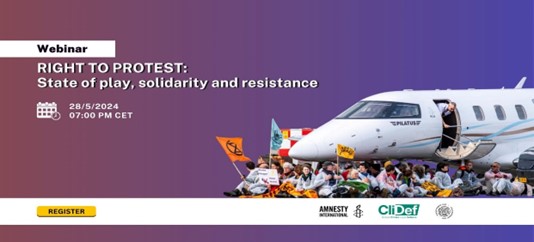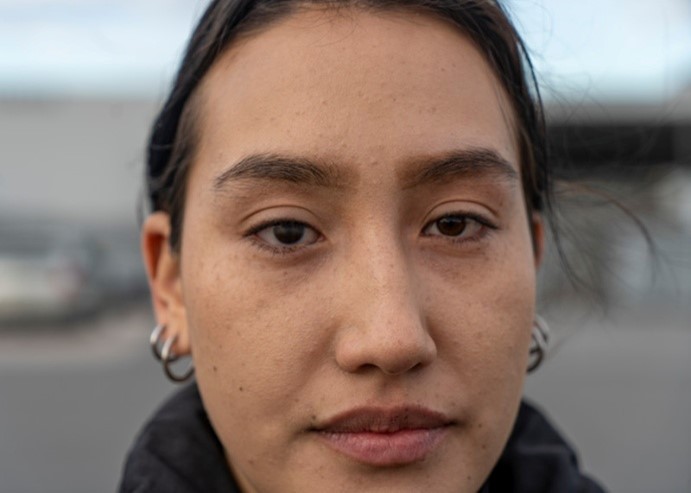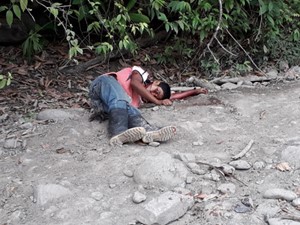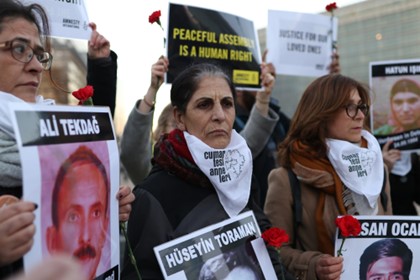As part of our Right to Protest campaign Amnesty has scheduled an online event for 6pm 28th May. Register here: www.themovementhub.org
We are also organising a vigil outside the Embassy of Greece for 14th June 6pm comemorating the over 600 people who died when a small fishing boat packed with 750 refugees sank off the coast of Greece. Please find attached the report by Amnesty International . Please join us at the vigil if you can. Finally the Amnesty annual report is out : Amnesty Annual Report 2024
France
by Jovana Bosnjak
Ensure Muslim women and girls can play sports
APRIL THE 6TH, 19:30 WATFORD
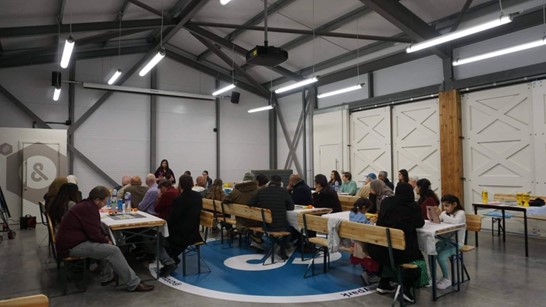 In April we joined Watford Local Amnesty Group in their Human Rights Iftar to talk about the issues that professional athletes who wear the hijab in France are facing. This was in support of the ’’Basket pour toutes’’ campaign, a grass root organisation formed by hijabi basketball players and allies in France, and in support of their Open Public Letter to FFBB and FIBA with a clear call to overturn the hijab ban in French basketball.
In April we joined Watford Local Amnesty Group in their Human Rights Iftar to talk about the issues that professional athletes who wear the hijab in France are facing. This was in support of the ’’Basket pour toutes’’ campaign, a grass root organisation formed by hijabi basketball players and allies in France, and in support of their Open Public Letter to FFBB and FIBA with a clear call to overturn the hijab ban in French basketball.
General Sports Regulations in Basketball in France, are rules which prohibits the wearing of “any equipment with a religious or political connotation” at all levels and for all categories. Since then, groups in France such as Basket pour Toutes (Basketball for All), formed by Muslim women players, coaches, and allies, have been relentlessly campaigning to overturn the discriminatory ban.
https://basketpourtoutes.org/.
Amnesty International has called on the French Basketball Federation and the French Ministry of Sport, Olympic and Paralympic Games to ensure that rules regarding the wearing of sports head coverings in competitions comply with international human rights law and do not discriminate against and violate the rights of Muslim women players who wear headgear in France.
https://www.amnesty.org/en/documents/eur21/7282/2023/en/.
Right to protest in Europe. State of play, solidarity and resistance
Events with Amnesty partners, 28th of May
To raise awareness and continue demanding the protection of our rights to protest in Europe, we invite you to a webinar hosted by Amnesty International, Global Climate Legal Defense and The Movement Hub :
https://www.instagram.com/p/C6vQ1C5MzkD/; Register here: www.themovementhub.org
